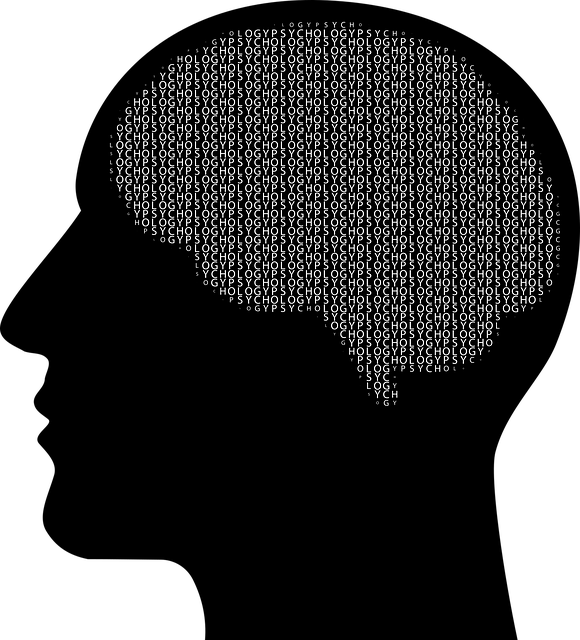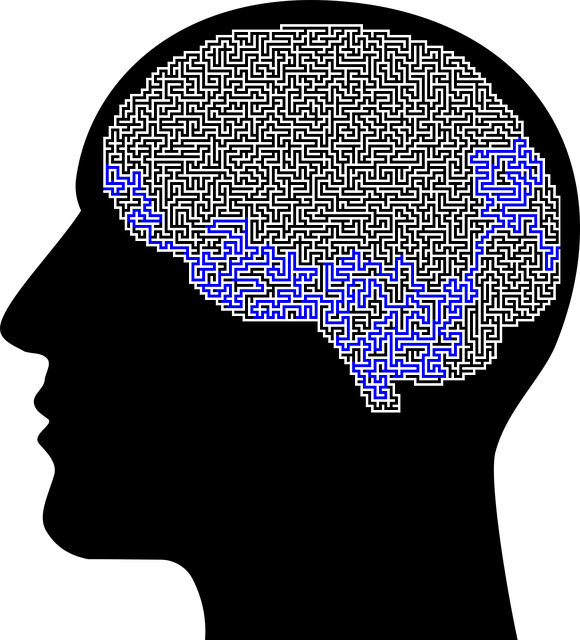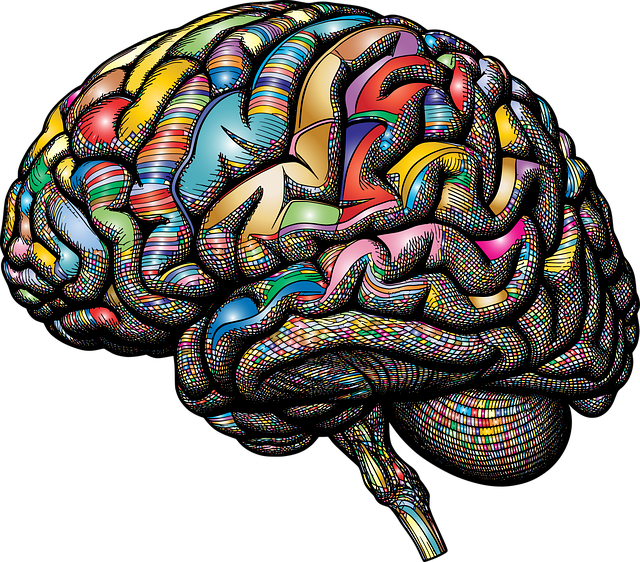Postpartum depression (PPD) significantly impacts new mothers in Wheat Ridge, affecting their well-being and bonding with newborns. Digital therapy through online platforms offers accessible and affordable PPD treatment options, benefiting residents facing traditional therapy barriers. A successful mental wellness app for PPD should include a comprehensive assessment tool, mood tracking, CBT techniques, mindfulness exercises, community connection features, and regular educational updates on mental health awareness. Privacy and ethical considerations, such as GDPR or HIPAA compliance, transparency, and data anonymization, are crucial when developing such apps to build user trust and encourage self-reflection during recovery journeys.
In today’s digital era, mental wellness apps offer crucial support for individuals facing challenges like postpartum depression. This article explores the development of such apps, focusing on the specific needs of new mothers in Wheat Ridge. We delve into understanding common mental health struggles postpartum and the role of digital therapy in providing accessible treatment. Additionally, we discuss designing effective features tailored to this niche, while ensuring privacy and ethical considerations, making these apps a game-changer in healthcare.
- Understanding Mental Health Challenges Postpartum
- The Role of Digital Therapy in Wheat Ridge
- Designing Effective Features for a Postpartum Depression App
- Ensuring Privacy and Ethical Considerations in App Development
Understanding Mental Health Challenges Postpartum

Postpartum depression (PPD) is a significant mental health challenge that can impact new mothers, often emerging within the first year after childbirth. This period is already filled with immense physical and emotional changes, and for some women, it can trigger or exacerbate existing mental health issues. In Wheat Ridge, access to specialized postpartum depression therapy services has become increasingly vital to support these struggling mothers. The impact of PPD can be profound, affecting not just the mother’s well-being but also her ability to bond with the newborn.
Addressing this challenge requires a multi-faceted approach. Trauma support services play a crucial role in helping women process and overcome any past traumas that might surface during this time. Additionally, therapy focused on building confidence and improving self-esteem can empower new mothers to navigate the physical and emotional demands of motherhood. By providing accessible and tailored interventions, mental wellness app developers have an opportunity to revolutionize how these essential services reach and support at-risk mothers in Wheat Ridge and beyond.
The Role of Digital Therapy in Wheat Ridge

In Wheat Ridge, digital therapy is emerging as a powerful tool to combat mental health issues, particularly postpartum depression (PPD). With the rise of technology, accessible and effective treatment options are becoming increasingly available for those in need. Online platforms offer a convenient and often more affordable alternative to traditional therapy, reaching individuals who might otherwise face barriers to care. This digital shift is especially beneficial for communities like Wheat Ridge where access to mental health services may be limited.
The implementation of community outreach programs and the development of tailored mental wellness coaching programs can significantly enhance these digital therapy initiatives. By combining technology with personalized support, Wheat Ridge residents can receive timely interventions for PPD and other mental health concerns. Moreover, designing comprehensive mental health education programs can empower individuals to take charge of their well-being, fostering a sense of community resilience and overall improved mental wellness in the area.
Designing Effective Features for a Postpartum Depression App

Developing a mental wellness app, particularly for postpartum depression (PPD) therapy in Wheat Ridge, requires a thoughtful and nuanced approach. The key is to create features that cater to the unique needs and challenges faced by new mothers. Start with a comprehensive assessment tool that screens for symptoms of PPD, offering personalized feedback and resources based on the results. This can be coupled with daily mood tracking, allowing users to monitor their emotional well-being over time and identify triggers.
Integrate evidence-based strategies for mood management, such as cognitive-behavioral therapy (CBT) techniques, mindfulness exercises, and guided meditation sessions. Incorporate a community aspect by enabling secure messaging or forums where users can connect with others going through similar experiences, fostering a sense of belonging and support. Regularly update the app with informative content on mental health awareness and education programs design to empower users with knowledge about PPD prevention and coping mechanisms.
Ensuring Privacy and Ethical Considerations in App Development

In the realm of mental wellness app development, privacy and ethical considerations are paramount, especially when addressing sensitive issues like postpartum depression, as exemplified by Wheat Ridge Postpartum Depression Therapy. As users share intimate details about their emotional well-being, apps must adhere to stringent data protection regulations such as GDPR or HIPAA to safeguard personal information from breaches or misuse. This includes employing encryption technologies, anonymizing user data where applicable, and obtaining informed consent for data collection and processing.
Moreover, ethical design practices are crucial to fostering a safe digital environment. Apps should be transparent about their data usage, provide clear opt-out options, and ensure algorithmic fairness. Incorporating features like anonymous feedback mechanisms or tools that facilitate open dialogue with mental health professionals can enhance user trust while encouraging honest self-reflection, as supported by Mental Health Policy Analysis and Advocacy. Additionally, offering evidence-based exercises such as Mental Wellness Journaling Exercise Guidance or Social Skills Training within the app can empower users to actively engage in their recovery journeys.
Mental wellness app development, particularly for postpartum depression, has emerged as a vital tool in Wheat Ridge and beyond. By understanding specific challenges like postpartum mental health issues, digital therapy options have proven effective in providing much-needed support. Through thoughtful design focusing on user experience and privacy, apps can offer accessible, ethical solutions for those struggling. As the field advances, ensuring these apps cater to diverse needs while maintaining robust security will be key, revolutionizing access to care for conditions like postpartum depression in Wheat Ridge and globally.














